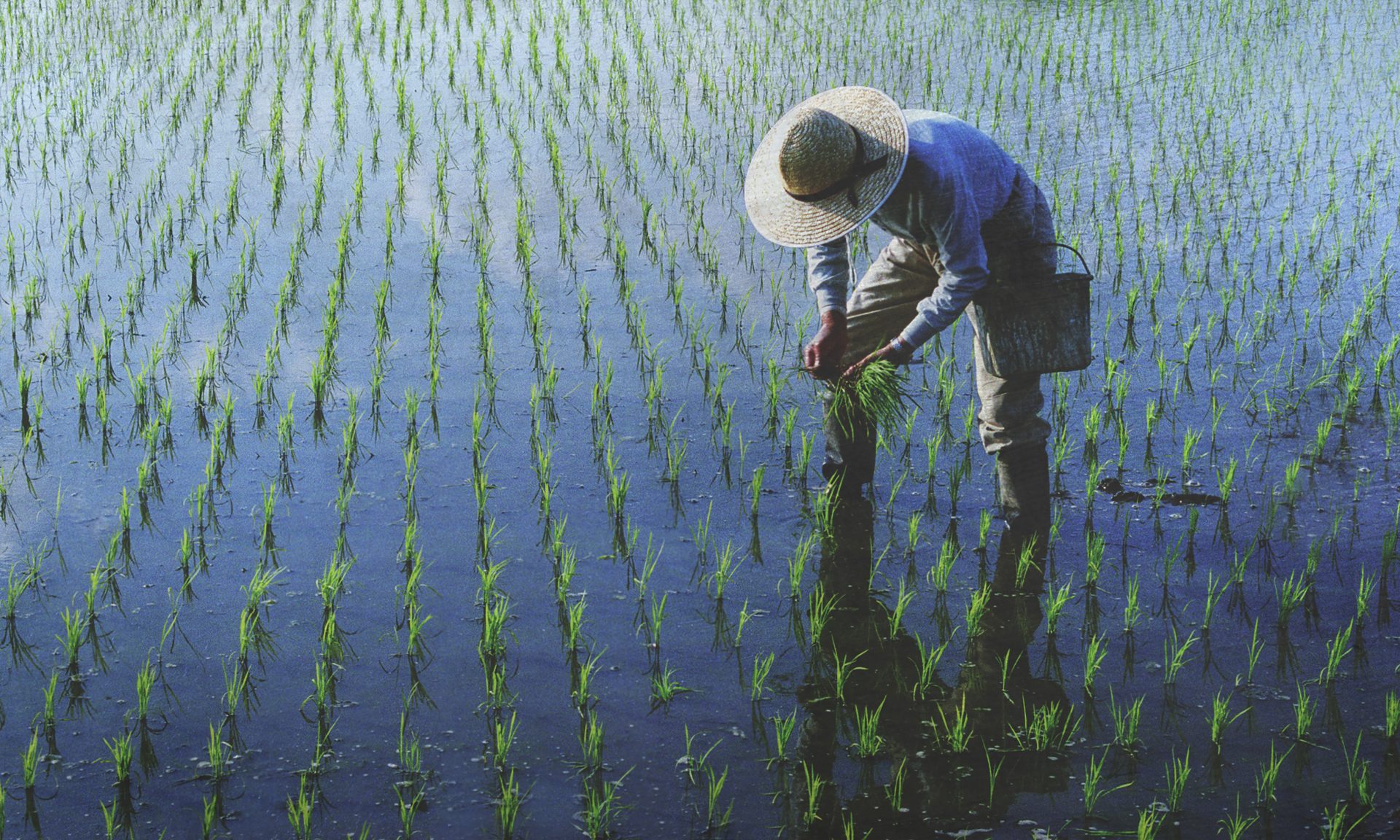The fall of the rice harvest in Japan in 2025, as a result of extreme weather events, has raised alerts in one of the most demanding and regulated markets in the world. Although the country firmly protects its table rice, it keeps import channels open for rice destined for industrial and processed uses, generating a specific scenario that Ecuador could take advantage of if it acts with vision and precision.
This situation is not about volume, but about identity. In a market like Japan’s, the value of origin, sustainability, certified quality and traceability carry as much weight as the product itself. Although Ecuador does not lead in quantity, it can make inroads in the specialized supply, betting on rice with differentiating attributes: organic, gourmet varieties, or with certifications that guarantee responsible, safe and high standard processes. In times when food safety intersects with confidence in the supply chain, being a small but reliable supplier can make a difference.
In addition, there is the potential to join regional export platforms to Asia, building logistical alliances with countries with a larger productive scale, optimizing access to Japan through a shared strategy. Taking advantage of existing trade agreements in the region, strengthening phytosanitary certification schemes and increasing technical compliance of exports would be key steps to access this opportunity, without improvisation.
The challenge also lies in trade projection: actively participating in trade fairs, business missions and networking opportunities with Japanese buyers will be essential to position Ecuadorian rice as a serious alternative, with its own narrative, in a market that values the history behind each grain. This also implies exploring investments in processing capacities that allow adding value from the origin.
The Japanese crisis will not be permanent, but it does represent a clear sign that high-value markets demand resilient, sustainable suppliers with a long-term vision. For Ecuador, it is not just a matter of exporting rice, but of projecting a country brand capable of competing on the basis of quality, trust and commitment in an increasingly demanding global scenario.


